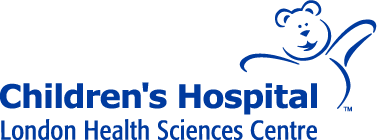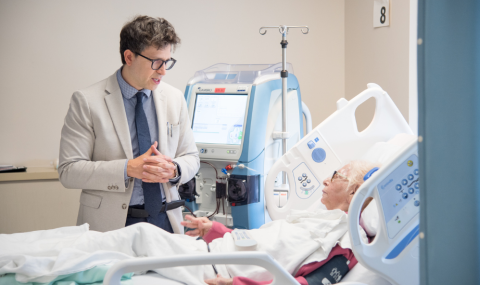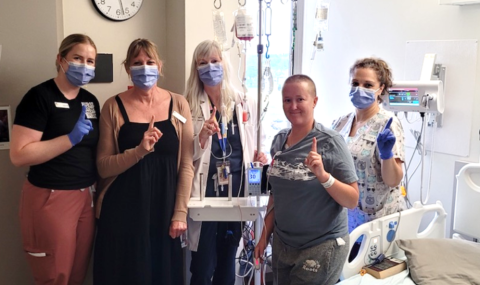What You Can Do To Keep Your Baby Safe And Healthy
Wash your hands
- Clean hands are the most important step in preventing and controlling the spread of infections.
- Use alcohol based hand sanitizer and rub all surfaces of the hand for 15 seconds. If your hands are visibly soiled, use soap and water.
- Wash your hands as you enter and exit the NICU and every time before you touch your baby.
- Clean your hands after handling your baby’s diaper and after you take your hands out of the incubator or crib.
- Keep your nails clean and avoid artificial nails.
- If you are a parent of multiple babies, please remember to wash your hands between touching each baby.
- Instruct your visitors about the importance of washing their hands.
- If you think a health care provider may have forgotten to wash their hands, it is okay to ask them!
Keep your cellphone clean
- Cell phones can carry many different types of bacteria and viruses.
- Clean your phone with a disinfectant at least once per day by following the manufacturer’s instructions for cleaning.
- When you are holding your baby ask your nurse or your support person to take a photograph of you with your baby.
- Wash your hands after all cell phone use.
Isolation precautions
- If a precautions sign is located outside your baby’s room or on the incubator, speak to the nurse about what you, as a parent and your visitors need to do before entering the room. You may be asked to wear a gown, gloves, a mask or any combination of these. The nurse will explain how to put on and remove the personal protective equipment safely.
Scent-free environments
- NICU is a scent free environment. Please avoid the use of perfume and perfumed products.
- Avoid smoking prior to visiting in the NICU as smoke can linger in clothing and on skin.
Latex-free environment
- Due to the increasing number of latex allergies, the NICU is a latex free environment.
- Latex balloons and products are not permitted in the area. Mylar balloons are acceptable.
Preventing slips and falls
- Close the port holes of incubators and put the sides of cribs and cots up before leaving your baby.
- Never turn your back or leave your baby unattended on an open bed. Keep one hand on your baby at all times. Babies are quicker than you think. They can roll quickly.
- Keep the inside of incubators, cots and cribs free of stuffed animals and other supplies.
- Follow safe sleep guidelines. Do not sleep with your baby in your bed.
- If you are feeling light headed, tired or unwell, ask a nurse to assist you. If you are holding your baby at this time, ask someone to put your baby back into the bed to prevent injury to either of you.
- Watch for cords or cables around the incubator and alert staff to their presence.
- Water in a covered container is the only beverage permitted at your baby’s bedside. Report any spills to staff immediately.
- Be aware of wet floor signage in patient rooms and hallways. If you see a spill or water on the floor, please report it to your nurse.
- For more information, view the 'Preventing Falls in Hospitalized Infants' PDF.
Keep your bedside curtains open
- It is important to keep bedside curtains open when you are not requiring privacy for pumping or skin-to-skin care. This allows staff to see the babies and their monitors from a distance. Patient alarms are set to alert staff to changes in your baby’s vital signs. If the alarm sounds, staff are able to see the monitor and respond appropriately. Staff may not need to come immediately but they are still able to see what is happening with your baby.



